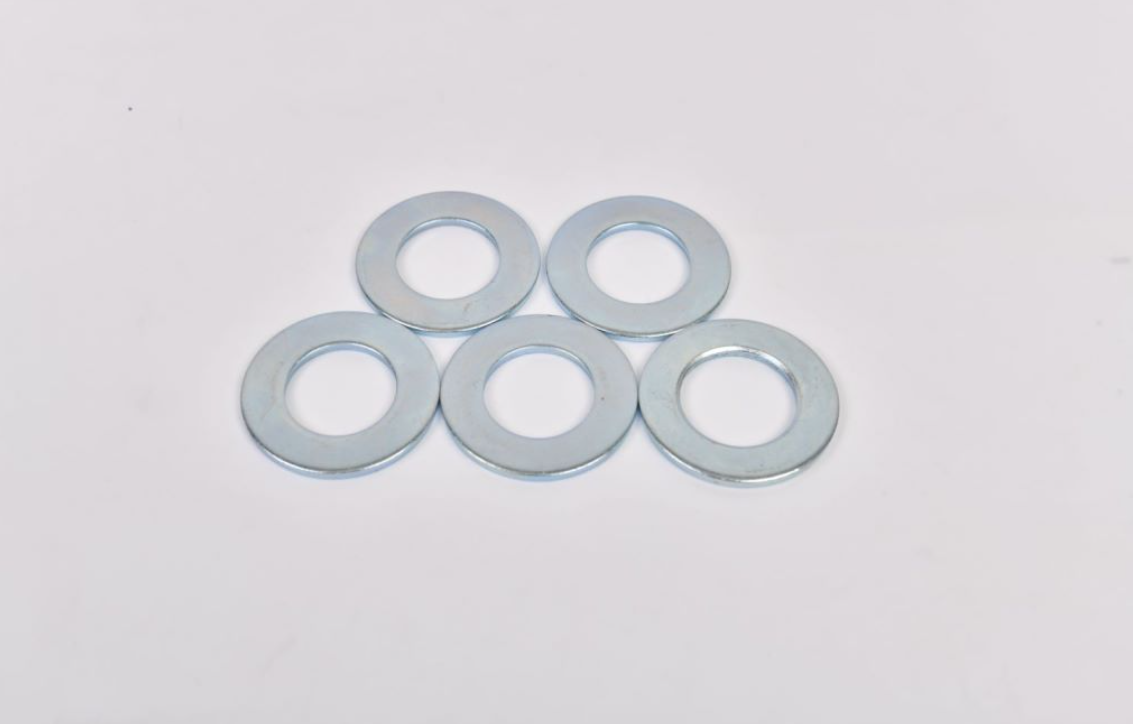buy spring washer material
Understanding Spring Washers and Their Materials
When it comes to securing components in mechanical assemblies, spring washers play a crucial role. Their unique design allows them to provide a spring effect, ensuring that bolts and screws remain tight despite vibrations or dynamic loads. In the following discussion, we will delve into the importance of spring washers, particularly focusing on the various materials used in their manufacture.
What are Spring Washers?
Spring washers, often referred to as belleville washers or disc springs, are specialized washers designed to apply tensile force. They are typically conical in shape, which enables them to act like a spring, absorbing shock and maintaining tension between joined components. This is particularly vital in applications where frequent changes in load or temperature can lead to loosening of fasteners.
Importance of Spring Washers
The primary function of spring washers is to prevent loosening of nuts and bolts due to vibrations. They also help distribute the load over a larger surface area, which can prevent damage and prolong the lifespan of both the fastener and the connected components. In many industries, including automotive, aerospace, and machinery, the reliability imparted by spring washers can't be overstated.
Choosing the Right Material
The effectiveness of a spring washer is significantly influenced by the material from which it is made. The choice of material affects the washer’s performance, durability, and resistance to environmental factors. Here are some common materials used for manufacturing spring washers
1. Steel Steel is one of the most widely used materials for spring washers. Carbon steel, in particular, offers excellent strength and hardness. However, uncoated steel can be susceptible to corrosion, which can negatively impact performance. To combat this, many manufacturers opt for stainless steel, which provides enhanced resistance to rust and degradation.
2. Stainless Steel Stainless steel spring washers are ideal for environments that expose them to moisture, chemicals, or extreme temperatures. They retain their strength and resilience, making them suitable for use in various applications, including marine and food processing industries. Common grades include AISI 304 and AISI 316, with the latter providing higher corrosion resistance.
buy spring washer material

3. Alloy Steel For applications that require enhanced strength and fatigue resistance, alloy steel spring washers are often utilized. Alloy steels can offer superior performance in high-stress environments, making them a preferred choice for heavy machinery and structural components.
4. Brass Brass spring washers are not as common but are sometimes used in applications involving electrical components due to their conductivity and resistance to corrosion. They are often employed in situations where aesthetics are essential, as brass provides a shiny, appealing finish.
5. Lightweight Composites In modern applications, particularly in aerospace and automotive engineering, lightweight composite materials are becoming increasingly popular. Composites can provide excellent strength-to-weight ratios and resistance to environmental conditions, making them suitable for specialized applications.
6. Plastic and Nylon For applications requiring non-conductive or corrosion-resistant properties, plastic and nylon spring washers can be an excellent alternative. They are lightweight, resistant to moisture and chemicals, and can operate in non-load-bearing applications effectively.
Factors to Consider When Buying Spring Washers
When purchasing spring washers, it is essential to consider several factors beyond just the material
- Load Requirements Determine the load that the washer will need to support and select a material that offers sufficient strength. - Environmental Conditions Assess the environmental factors the spring washer will be exposed to, such as moisture, temperature, and chemicals. - Dimensions Ensure that the size and thickness of the washers fit the specifications of the project without compromising performance. - Standards and Certifications Check for compliance with relevant industry standards, which can often ensure reliability and safety.
Conclusion
In summary, spring washers are an integral part of mechanical assemblies, providing significant advantages in preventing fastener loosening and enhancing overall structural integrity. The choice of material greatly affects their performance, and understanding the properties of various materials can guide you in selecting the right spring washer for your application. Whether you opt for steel, stainless steel, brass, or modern composites, each material has distinct benefits that cater to different needs and environments. As industries continue to evolve, the development and use of spring washers will remain crucial in ensuring reliability and safety across various applications.
-
Top Choices for Plasterboard FixingNewsDec.26,2024
-
The Versatility of Specialty WashersNewsDec.26,2024
-
Secure Your ProjectsNewsDec.26,2024
-
Essential Screws for Chipboard Flooring ProjectsNewsDec.26,2024
-
Choosing the Right Drywall ScrewsNewsDec.26,2024
-
Black Phosphate Screws for Superior PerformanceNewsDec.26,2024
-
The Versatile Choice of Nylon Flat Washers for Your NeedsNewsDec.18,2024










